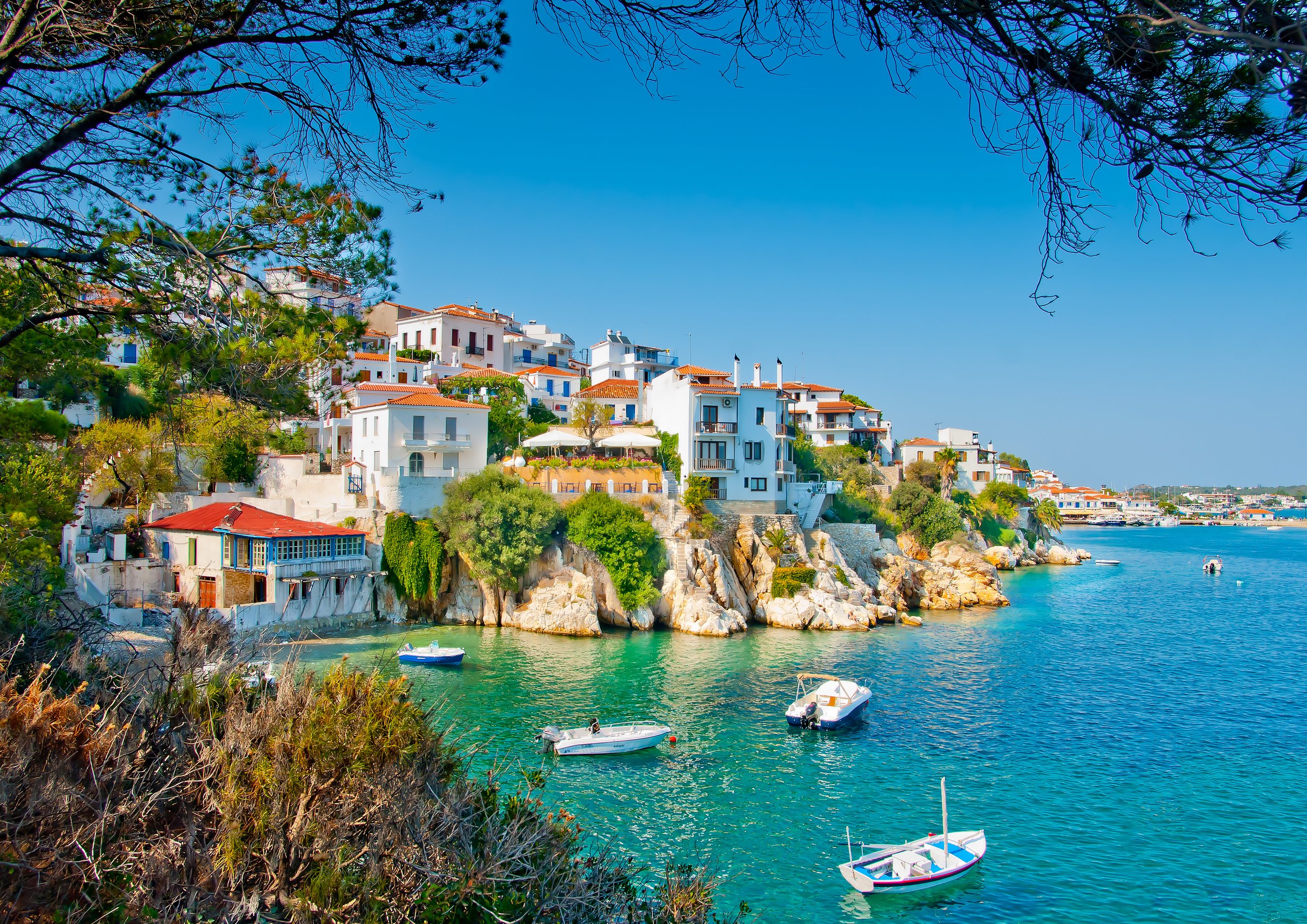Owning a property in France is an appealing prospect for many, but it’s crucial to understand that property ownership and residency are two distinct processes. Purchasing real estate in France does not automatically gain you residency in France.
Currently, France does not offer a “golden visa” scheme for investors, and there are no immediate plans to introduce such a pathway.
Contents

Short-term residency in France for non-EU citizens
As a non-EU citizen, if you wish to stay in France for more than 90 days within a 180-day period, you will require a visa. This 90-day limit is calculated as a rolling timeframe starting from your first entry into France or any other Schengen country.
While not all non-EU/EEA citizens enjoy the 90-day visa-free stay, citizens from countries like the UK, USA, Canada, Australia, and New Zealand do benefit from this allowance. A comprehensive list detailing which countries require a visa can be found on the French government website.
If you wish to stay longer than 90 days, you will need to apply for a long-stay visa, formally known as La Visa Long Séjour valant Titre de Séjour (VLS-TS).
For a closer look at the purchase process, claim your free copy of our France Buying Guide:
Download the France Buying Guide
Short-term residency in France for EU citizens
EU citizens, as well as those from the European Economic Area (EEA), Switzerland, Andorra, Monaco, San Marino, and the Vatican, are permitted to stay in France without a visa for more than 90 days. All you need is a valid identification document or passport.
If planning to reside long-term in France for reasons such as work, study, family reunification, or retirement, you may need to register with local authorities.

Long-term residency in France
Non-EU citizens wishing to reside in France longer than the standard 90 days are required to apply for a visa. The most common option is the long-stay visa (VLS-TS), which is valid for up to one year.
There are various categories for long-stay visas, allowing for:
- Extended stays for personal reasons or tourism
- Professional opportunities
- Educational pursuits
- Family reunification with French nationals
Additional long-stay visas may require the holder to apply for a residence permit within two months of entering France. This applies particularly in cases such as:
- Being a family member of a French citizen
- Engaging in a liberal or self-employed profession
- Employment as a skilled worker or family of such workers
- Retirees or spouses of retirees
- Artists

Validating your long-stay visa
Upon receiving a long-stay visa equivalent to a residence permit (VLS-TS), you must validate your visa within three months of your arrival in France, which is completed online. This visa is valid for a maximum of one year.
If your visa states ‘carte de séjour à solliciter,’ you must apply for a residence permit within two months of arrival by visiting the local prefecture. Many prefectures allow online appointment bookings for applications.
It is essential to validate your long-stay visa; failing to do so could lead to loss of legal residency in France and difficulties in re-entering the Schengen area. Be mindful of the administrative fees incurred while applying for visas, as these can vary by country. Note that certain exemptions apply for individuals married to French citizens or non-European family members.
Though, that’s not the only mistake you can make…
How to apply for residency in France
If you wish to extend your stay beyond your visa’s validity, you must apply for a residence permit at least two months prior to your visa’s expiry date at the local prefecture. For comprehensive guidance, visit the official prefecture website.

How to apply for French citizenship
After residing in France continuously for five years (or just two years if you have completed higher education in France), you can apply for French citizenship. The application necessitates demonstrating your integration into the community and a strong understanding of French culture.
The citizenship application process can range from 18 months to two years. There are two main pathways for applying: the new NATALI online portal or the traditional method of applying in person at your local prefecture.
The documentation required for citizenship includes your visa and residence permit, and you will need to attend an interview where you may be questioned about your intentions for obtaining citizenship as well as various aspects of French law, history, and culture.
A B1 language exam assesses your French language skills through oral comprehension, discussion, reading, and writing tests. Achieving a score of at least 50% overall, with a minimum of five points in each section, is necessary to pass. Successful candidates will receive their French ID card and passport in a formal naturalisation ceremony, with dependent children also benefitting from the process.
While buying a home won’t grant you residency, there are still many compelling reasons to consider Property for sale in France. From charming cottages to coastal apartments, explore your options while planning your long-term move.
Ready to take the step toward owning property in France? Book a consultation.
For more advice on where to buy property in France or step-by-step guidance on how to buy property in France, browse our expert-written guides to get started with confidence.
FAQs about residency and citizenship in France
Buying property in France does not grant automatic residency. You must still apply for a visa or residence permit if you plan to stay for more than 90 days at a time.
Most non-EU buyers will need a long-stay visa (VLS-TS), valid for up to one year. After that, you must apply for a residence permit through the local prefecture.
You can apply for citizenship after five years of continuous residence (or two years if you studied in France). You’ll need to pass a language test and show cultural integration.
No, France does not offer a golden visa scheme for property investors or buyers. Residency and citizenship applications are based on standard immigration requirements.









